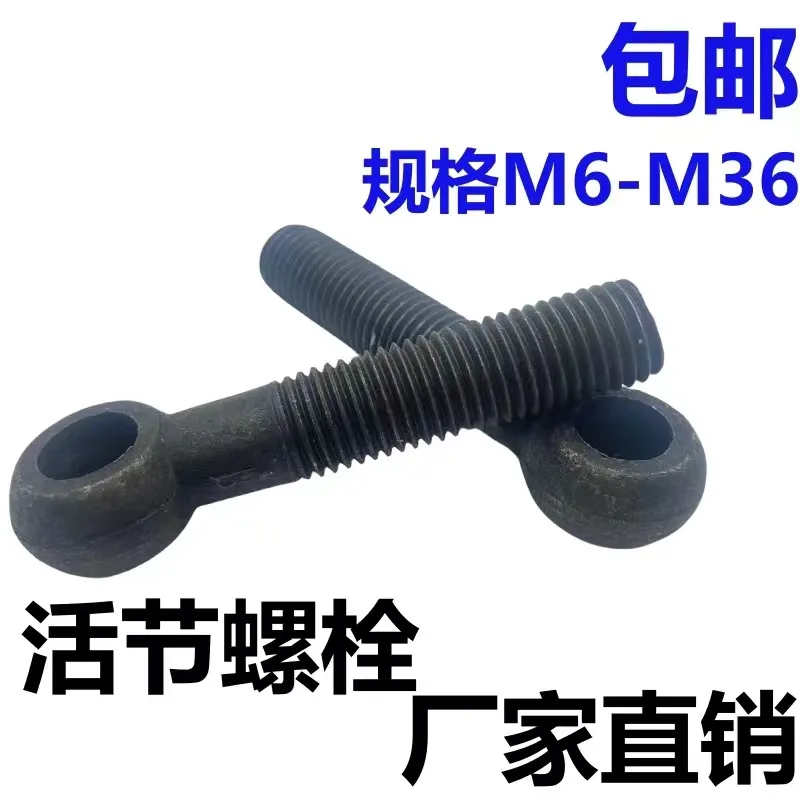

stud nut
ก.ย. . 10, 2024 11:48 Back to list
stud nut
Understanding the Concept of Stud Nuts in Engineering and Construction
In the world of engineering and construction, various components play crucial roles in ensuring that structures are safe, secure, and durable. One such component that often goes unnoticed yet holds significant importance is the stud nut. This article explores what stud nuts are, their functions, and their relevance in various applications.
A stud nut is a type of fastener typically utilized in conjunction with a stud, which is a metal rod or shaft that is fixed at one end into a material (like concrete or metal) and extends out to secure other components. Stud nuts are strategically threaded to allow for smooth adjustment and secure fastening. They come in various sizes and materials, including steel, stainless steel, and even exotic alloys, depending on the environmental conditions and load requirements they need to handle.
One of the primary functions of stud nuts is to provide a strong and reliable joint for structural elements
. They are commonly used in applications such as bolting together steel beams or securing equipment to foundations. The advantage of using stud nuts is that they can create a load-bearing joint that can withstand significant tension and shear loads, contributing to the overall integrity of a structure.stud nut

In addition to their structural applications, stud nuts are also widely used in mechanical assemblies. For instance, in the automotive sector, engine blocks often feature stud nuts to secure cylinder heads, which must endure high pressures and temperatures. Their ability to maintain a secure fit under such demanding conditions makes stud nuts invaluable in preventing mechanical failures.
Moreover, stud nuts allow for efficient assembly and disassembly of components. Their threaded design means that they can be easily tightened or loosened, enabling maintenance and repairs to be performed with relative ease. This feature is particularly beneficial in industries where machinery undergoes regular upkeep or needs to be modified frequently, minimizing downtime and enhancing operational efficiency.
When considering the selection of stud nuts, several factors come into play. Engineers must evaluate the load requirements, environmental conditions, compatibility with other materials, and any specific industry standards. Proper selection ensures that the nuts will provide the necessary strength and durability, significantly reducing the risk of failure over time.
In conclusion, stud nuts are essential components in both construction and mechanical engineering, contributing to the strength, reliability, and maintainability of structures and machines alike. Despite their small size, their significance cannot be overstated; they are critical in ensuring that our built environment remains safe and functional. As technology progresses and materials evolve, the importance of stud nuts in various applications will likely continue to grow, showcasing the need for ongoing innovation in fastener solutions.
Latest news
-
Hot Dip Galvanized Bolts-About LongZe|High Strength, Corrosion Resistance
NewsJul.30,2025
-
High-Strength Hot Dip Galvanized Bolts - Hebei Longze | Corrosion Resistance, Customization
NewsJul.30,2025
-
Hot Dip Galvanized Bolts-Hebei Longze|Corrosion Resistance&High Strength
NewsJul.30,2025
-
High-Strength Hot-Dip Galvanized Bolts-Hebei Longze|Corrosion Resistance&High Strength
NewsJul.30,2025
-
Hot Dip Galvanized Bolts-Hebei Longze|Corrosion Resistance&High Strength
NewsJul.30,2025
-
Hot Dip Galvanized Bolts - Hebei Longze | Corrosion Resistance, High Strength
NewsJul.30,2025

